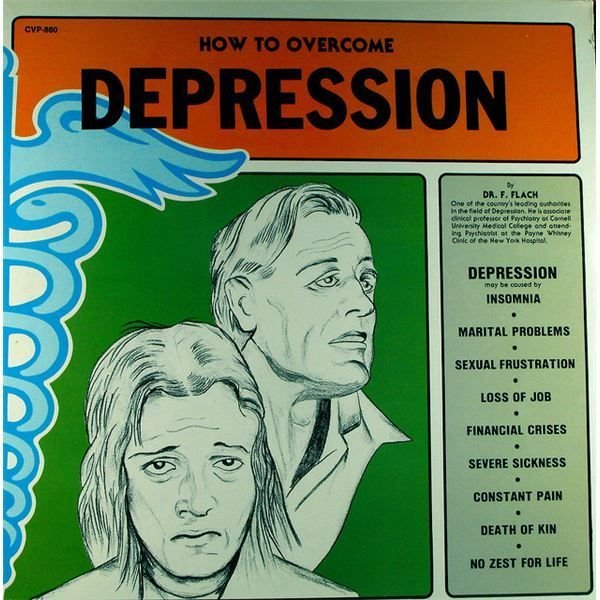How Can I Help My Child Out of Depression?
Underrstand the Symptoms
How can I help my child out of depression? One best way is by taking note of the symptoms to check whether your child has depression.
The symptoms of depression in children vary. The major signs of depression in children are the child:
- remaining grumpy, sad, or bored usually
- expressing feelings of hopelessness, worthlessness, guilt, death and suicide
- displaying irritability or anger often
- crying often
- not taking pleasure in things he or she used to enjoy
- withdrawing from social life or friends
- becoming increasingly sensitive to rejection
- eating either too much or too little
- loosing or gaining weight
- sleeping either too much or too little
- having trouble concentrating, thinking, or making decisions
- having low energy levels, and constant fatigue
- developing stomachaches and headaches frequently
Older children with severe depression hallucinate, or hear things that are not there or develop delusions or false beliefs
Children can develop any or all of the symptoms depending on age, causes for the depression, and other factors.
While most of these symptoms are normal for every child from time to time and could be a part of growing up “blues,” persistence of such symptoms and such symptoms interfering in schoolwork, family life, and social life could indicate depression. Parents would do well to keep track of their children’s behavior and seek professional advice from a doctor or mental health professional if such symptoms persist for more than two weeks.
Image Credit: flickr.com/Kevin Dooley
Understand The Causative Factors
The second best way for parents to help their children out of depression is by understanding what causes the depression and trying to remove the condition.
Depression is a condition caused by chemical imbalance in the brain that leads to mood swings. The reason for such chemical imbalance could be
- stressful events, such as changing schools, changing house, a death in the family, fight among parents, and abuse
- some medications such as steroids for pain relief
- family history
By alleviating the stressful conditions, you can cut off the major cause for your child’s depression. Parents would do well to
- replace negative reinforcement for bad behavior such as shame and punishment that makes a child feel worthless or inadequate with positive reinforcement for good behavior.
- allow teenagers make mistakes instead of overprotecting them and making them less confident or conveying an impression of lack of faith
- guide children in their path instead of forcing the child down any path, and controlling their activities and experiences.
Support Treatment
Antidepressant medicine is effective for childhood depression treatmnt, but parents need to:
- keep a close watch of children consuming antidepressants, for such medications may initially increase suicidal tendencies before abating them
- make sure the children consume the antidepressants as per dosage. Sudden stoppage of antidepressants and over consumption is dangerous
Antidepressant medications remain most effective when combined with counseling, and here parents play a major role. Many parents remain in a state of denial over depression owing to the social stigma involved. Many times, parents need counseling first to overcome their depression, or to understand the causes and symptoms of depression in their children.
Parents who ask the question how can I help my child out of depression would also do well to:
- take time to listen to children’s concerns, even if such concerns feel trivial
- communicate well with the children to understand what bothers them
- ensure that the child has regular exercise, eat healthy, and get enough sleep
- remind the child that things will get better in time
Reference
- UC SanDiego. Healthwise. “Depression in Teens and Children.” https://myhealth.ucsd.edu/library/healthguide/en-us/illnessconditions/topic.asp?hwid=ty4640. Retrieved 08 December 2010
- WebMD. “Depression in Children.” https://www.medicinenet.com/depression_in_children/page2.htm. Retrieved 08 December 210.
